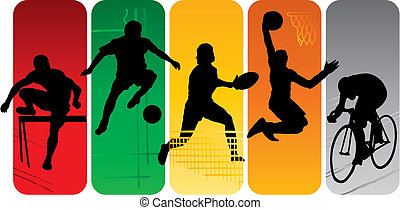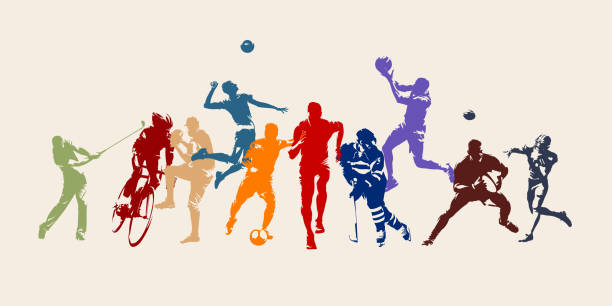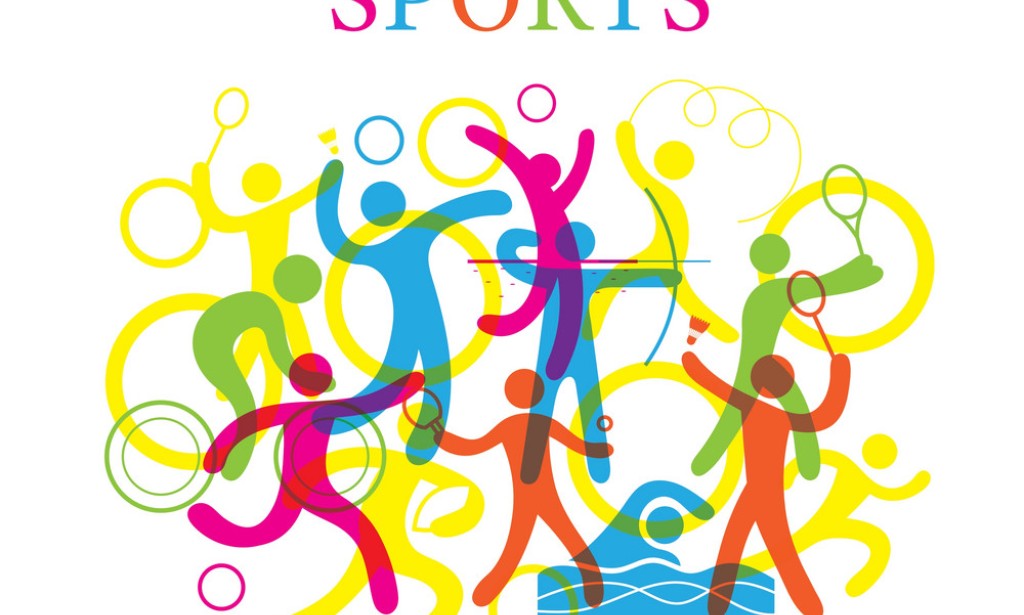In a world brimming with diversity, sports stand as a universal language, transcending cultural barriers and uniting people under the banner of competition and camaraderie. From the ancient Olympic Games in Greece to modern-day international tournaments, the significance of sports extends far beyond the arena. Through fostering physical fitness, honing mental acuity, and nurturing social connections, sports offer a holistic pathway to personal growth and global harmony.

At its core, sports are a testament to human physical potential. Athletes push their bodies to the limits, demonstrating the remarkable capabilities of the human form. Whether it's the explosive speed of sprinters, the graceful precision of gymnasts, or the endurance of marathon runners, each discipline showcases the beautiful diversity of human physique and the extent of human perseverance. This pursuit of excellence has not only elevated athletes to legendary status but has also inspired countless individuals to embark on their journey towards physical fitness.
However, the impact of sports is not confined to the physical realm alone. Engaging in sports cultivates invaluable mental traits like discipline, resilience, and strategic thinking. Athletes learn to channel their determination into goal-oriented practices, enduring rigorous training regimens and bouncing back from setbacks. This resilience translates seamlessly into real-life situations, enabling individuals to tackle challenges with fortitude.

Furthermore, sports demand strategic thinking – whether it's a chess grandmaster pondering over moves or a basketball player anticipating opponents' actions, these activities nurture cognitive skills that extend well beyond the boundaries of the field.
Beyond the personal benefits, sports possess the unique power to bridge cultural divides. International sporting events, such as the FIFA World Cup or the Olympics, create a global stage for unity and understanding. Athletes from disparate backgrounds converge to compete, celebrating the harmonious coexistence of diverse cultures. This collective celebration of human achievement transcends political conflicts and ideological differences, fostering a sense of kinship that often eludes other spheres of human interaction.
Moreover, the fan culture surrounding sports cultivates a sense of belonging and community. Whether it's fans cheering in packed stadiums or joining virtual discussions online, the shared passion for a team or athlete brings people together. The emotional highs and lows experienced during matches create a common ground for interactions, irrespective of social status, ethnicity, or nationality. This unity can spark lifelong friendships and even inspire philanthropic initiatives that leverage the power of sports to drive positive change.
In the digital age, sports have seamlessly integrated with technology, reaching wider audiences and enhancing the overall experience. Instant replays, data analytics, and virtual reality have enriched both the players' performance and the viewers' engagement. Fans can delve into statistics, strategize like coaches, and even immerse themselves in the athlete's perspective, fostering a deeper appreciation for the nuances of the game.

In conclusion, sports encompass a holistic journey towards personal growth, societal unity, and technological innovation. They transcend physicality to sculpt mental resilience, strategic acumen, and a strong sense of community. As the world evolves, sports will undoubtedly continue to be a unifying force, inspiring generations to come and reminding us that, despite our differences, we are all part of the same vibrant tapestry of humanity.


You must be logged in to post a comment.